 ACA (the Affordable Care Act) expanded healthcare coverage to millions of low-income Americans and put in place numerous reforms within the health insurance sector. Currently, updates to healthcare delivery systems and financing methodologies implemented since ACA was enacted are predicted to result in dramatic reductions in unnecessary medical care in this country. But still, an avalanche of fraud continues to harm healthcare programs, and in particular government programs like Medicare and Medicaid.
ACA (the Affordable Care Act) expanded healthcare coverage to millions of low-income Americans and put in place numerous reforms within the health insurance sector. Currently, updates to healthcare delivery systems and financing methodologies implemented since ACA was enacted are predicted to result in dramatic reductions in unnecessary medical care in this country. But still, an avalanche of fraud continues to harm healthcare programs, and in particular government programs like Medicare and Medicaid.
Fortunately, powerful anti-fraud provisions in ACA and the False Claims Act have led to revocation of billing privileges for tens of thousands of providers who cheated the government, and Medicare claims are now routinely screened using advanced computer algorithms before being paid. These measures, combined with continued financial incentives for qui tam whistleblowers (called “Relators” under the False Claims Act), will help prevent healthcare fraud and ensure that healthcare coverage post-ACA is provided in a reasonable and cost-efficient manner.
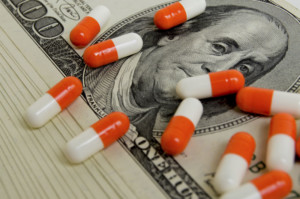 This June, federal officials announced the largest coordinated criminal Medicare fraud action and the first large-scale effort focused on Medicare Part D fraud in the history of the U.S. Justice Department. The Medicare Fraud Strike Force levelled charges against 243 individuals across the country accused of falsely billing $712 million to Medicare in a number of separate schemes. Those charged with fraud under the False Claims Act included 46 doctors, nurses and other licensed medical professionals.
This June, federal officials announced the largest coordinated criminal Medicare fraud action and the first large-scale effort focused on Medicare Part D fraud in the history of the U.S. Justice Department. The Medicare Fraud Strike Force levelled charges against 243 individuals across the country accused of falsely billing $712 million to Medicare in a number of separate schemes. Those charged with fraud under the False Claims Act included 46 doctors, nurses and other licensed medical professionals.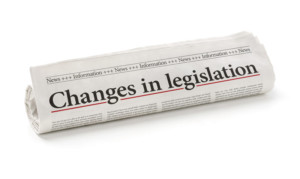 This June, Senate Judiciary Committee Chairman Chuck Grassley and Ranking Member Patrick Leahy introduced legislation to extend whistleblower protection for employees who provide information to the Department of Justice related to criminal antitrust violations.
This June, Senate Judiciary Committee Chairman Chuck Grassley and Ranking Member Patrick Leahy introduced legislation to extend whistleblower protection for employees who provide information to the Department of Justice related to criminal antitrust violations. As front-line professionals responsible for dispensing medications to Medicaid beneficiaries, pharmacists are particularly well positioned to discover and report
As front-line professionals responsible for dispensing medications to Medicaid beneficiaries, pharmacists are particularly well positioned to discover and report  Whistleblower laws form the foundation of the False Claims Act and are are crucial because they provide protection and incentives for qui tam whistleblowers (also called relators) to bring information to the government. Under federal and state laws, defendants who violate the False Claims Act are liable for triple damages (plus penalties) to the government.
Whistleblower laws form the foundation of the False Claims Act and are are crucial because they provide protection and incentives for qui tam whistleblowers (also called relators) to bring information to the government. Under federal and state laws, defendants who violate the False Claims Act are liable for triple damages (plus penalties) to the government. Healthcare is the largest single cost in the federal budget – approximately 22 percent of the total — and the cost increases dramatically from year to year. With fraud following that money, the government is highly incentivized to investigate and prosecute corruption in the healthcare and pharmaceutical industries.
Healthcare is the largest single cost in the federal budget – approximately 22 percent of the total — and the cost increases dramatically from year to year. With fraud following that money, the government is highly incentivized to investigate and prosecute corruption in the healthcare and pharmaceutical industries. More than $30 billion has been recovered in Federal civil actions under the False Claims Act (“FCA”) since the statute which originated in the Civil War era, was amended in 1986 to provide enhanced rewards and protections for qui tam whistleblowers.
More than $30 billion has been recovered in Federal civil actions under the False Claims Act (“FCA”) since the statute which originated in the Civil War era, was amended in 1986 to provide enhanced rewards and protections for qui tam whistleblowers.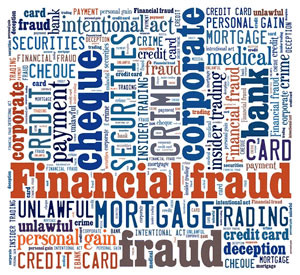 According to a
According to a 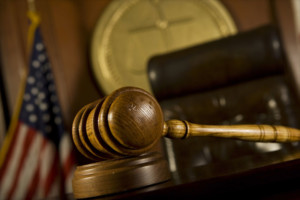 The SEC Division of Enforcement recently released its
The SEC Division of Enforcement recently released its 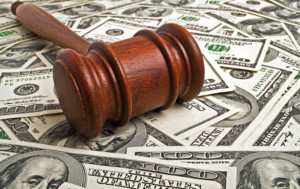 The
The